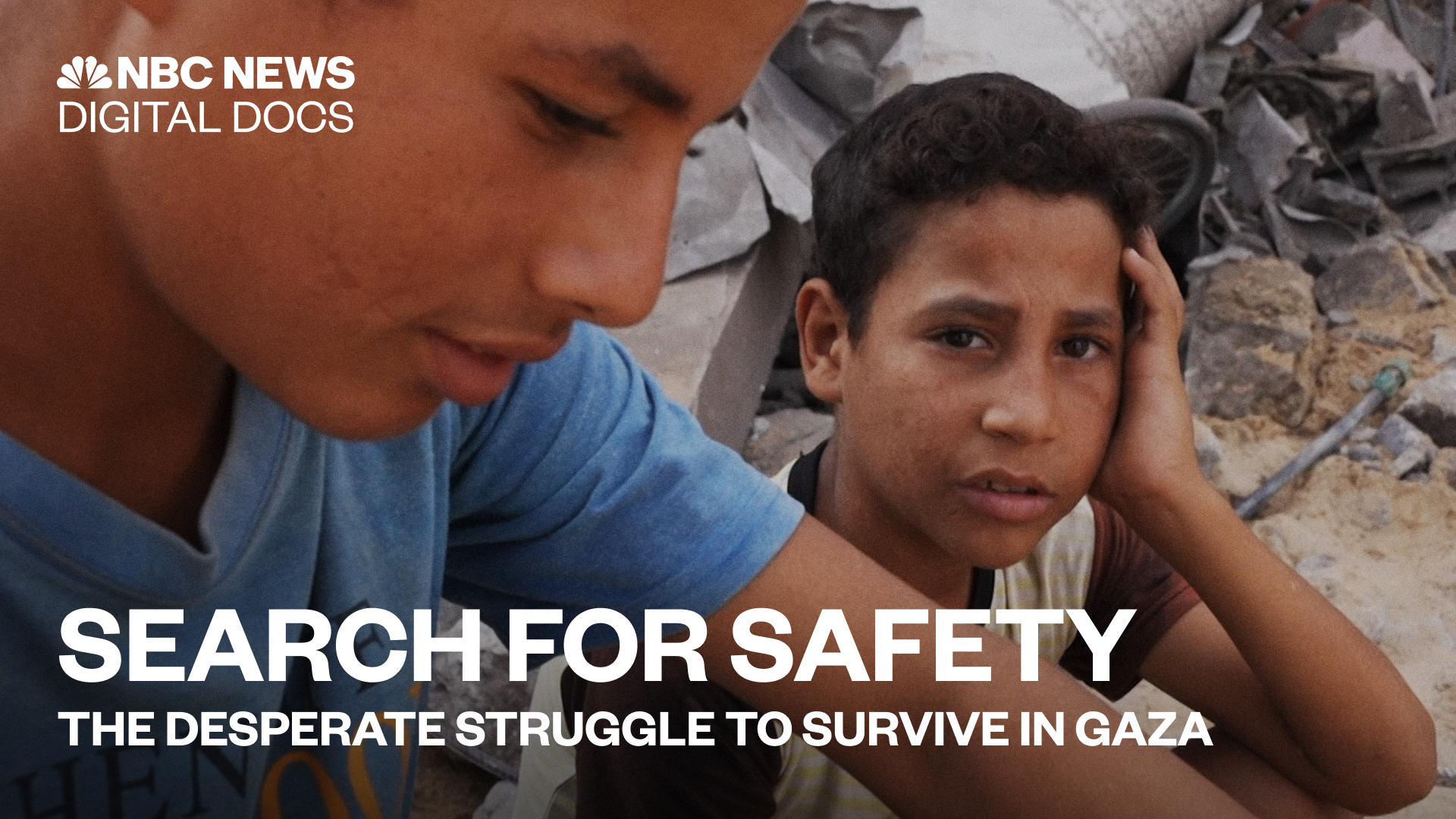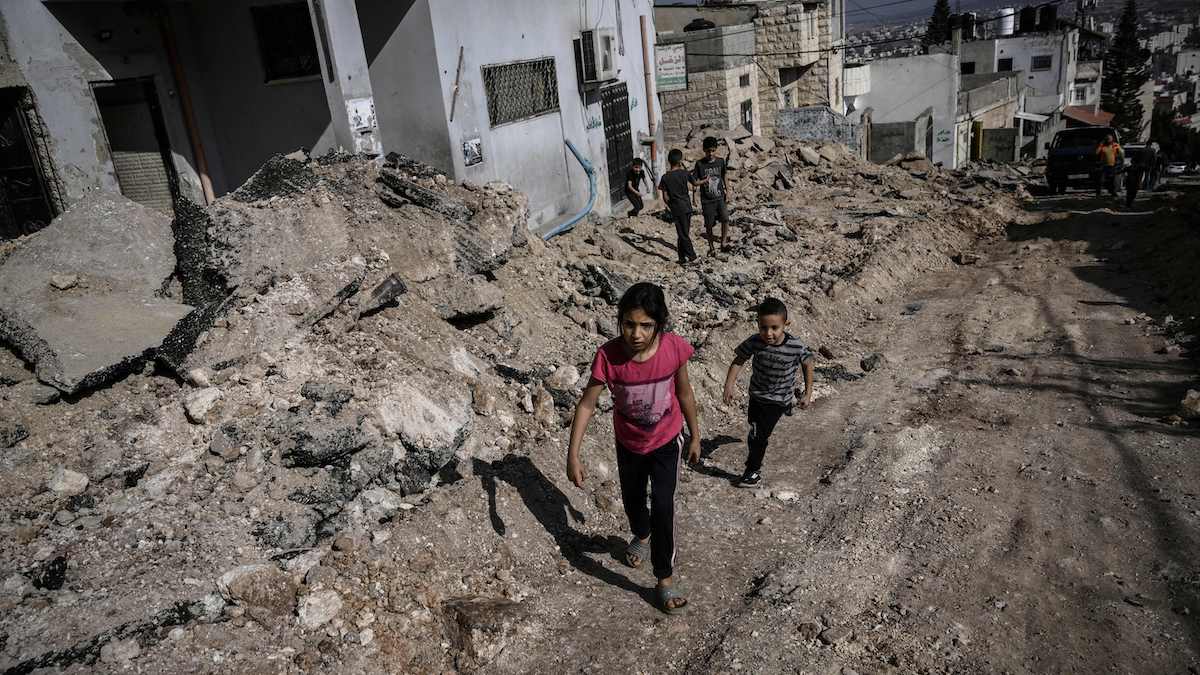
U.S. Secretary of State Antony Blinken stepped up his frantic diplomacy on Saturday, trying to build support for planning a post-conflict future for Gaza as he continued his second urgent mission to the Middle East since the Israel-Hamas conflict began.
A day after Israeli Prime Minister Benjamin Netanyahu pointedly snubbed Blinken's blunt warning that Israel risks losing any hope of an eventual peace deal with the Palestinians unless it eases the humanitarian crisis in Gaza, he met in Amman with senior Jordanian and other Arab officials, who remain angry and deeply suspicious of Israel as it intensifies its war against Hamas.
Blinken met first with Lebanon’s caretaker Prime Minister Najib Mikati, whose economically and politically ravaged country is home to Hezbollah — an Iranian-backed force hostile to Israel.
The U.S. has grave concerns that Hezbollah, which has already stepped up rocket and cross-border attacks on northern Israel, will take a more active role in the conflict.
Hezbollah chief Hassan Nasrallah gave his first major speech since the Oct. 7 Hamas attacks on Israel that sparked the war, but did not forecast his group’s greater involvement despite professing it was not perturbed by U.S. attempts to deter it.
Get Tri-state area news delivered to your inbox. Sign up for NBC New York's News Headlines newsletter.
Blinken thanked Mikati for his leadership “in preventing Lebanon from being pulled into a war that the Lebanese people do not want,” said State Department spokesman Matthew Miller. Blinken also discussed U.S. efforts to secure humanitarian assistance for civilians in Gaza, Miller said..
Neither Blinken nor Mikati spoke to reporters at the top of their meeting in an Amman hotel. Nor did Blinken speak publicly as he posed for pictures with Qatar’s foreign minister, whose country has emerged as the most influential interlocutor with Hamas and has been key to negotiating the limited release of hostages held by the group as well as convincing it to allow foreign citizens to leave Gaza and cross into Egypt.
Blinken was then to meet with the head of the United Nations agency in charge of assisting Palestinian refugees. UNRWA has said dozens of its staff have been killed in Israeli airstrikes and is running critically low on necessary supplies like food, medicine and fuel.
Later, Blinken was to hold group talks with foreign ministers of Qatar, Jordan, Egypt, Saudi Arabia and the United Arab Emirates, and the chair of the PLO executive committee. All parties have denounced Israel’s tactics against Hamas, which they say constitutes unlawful collective punishment of the Palestinian people.
Blinken will also see King Abdullah II of Jordan, whose country this week recalled its ambassador to Israel and told Israel’s envoy not to return to the country until the Gaza crisis was over.
Still, the Arab states have thus far resisted American suggestions that they play a larger role in crisis, expressing outrage at the civilian toll of the Israeli military operations but believing Gaza to be a problem largely of Israel’s own making.
The Arabs meeting with Blinken were convened by Jordanian Foreign Minister Ayman al-Safadi, who said the gathering was organized “in the context of their efforts aimed at stopping the Israeli war on Gaza and the humanitarian catastrophe it is causing,” Jordan's foreign ministry said.
Still, U.S. officials believe Arab backing — no matter how modest — will be critical to efforts to not only ease the worsening conditions in Gaza but also to lay the groundwork for what would replace Hamas as the territory’s governing authority if and when Israel succeeds in eradicating it.
However, ideas on Gaza’s future governance are few and far between, with Blinken and other U.S. officials offering a vague outline that it might include a combination of a revitalized Palestinian Authority — which has not been a factor in the territory since 2007 — international organizations and potentially a peacekeeping force. U.S. officials acknowledge these ideas have been met with a distinct lack of enthusiasm.



